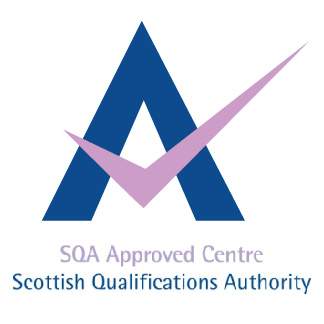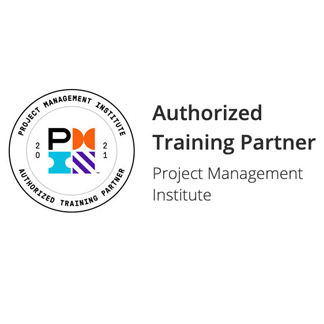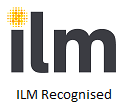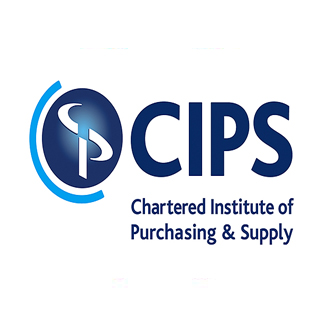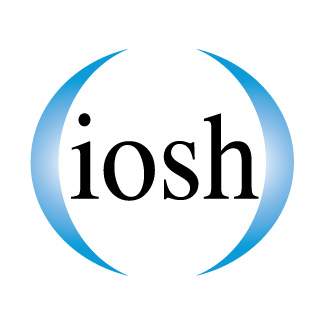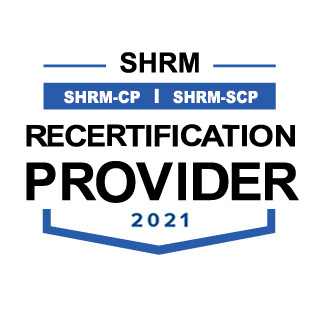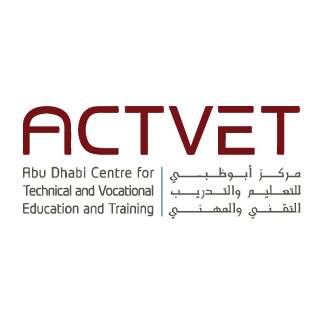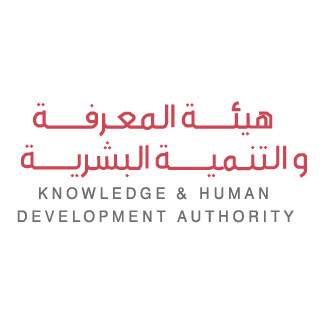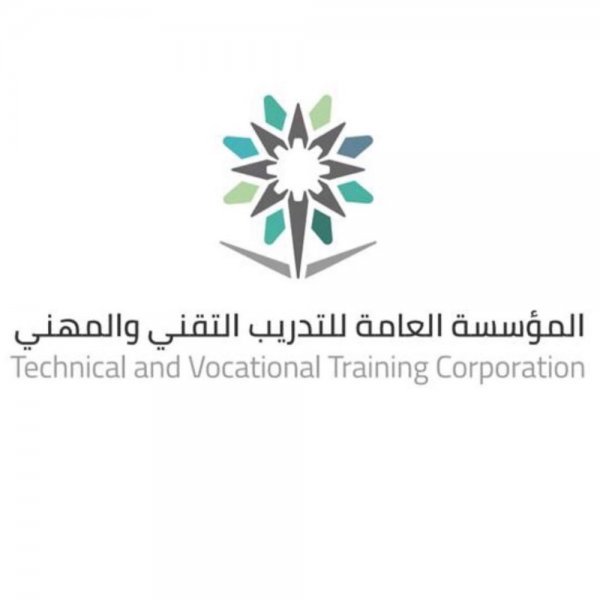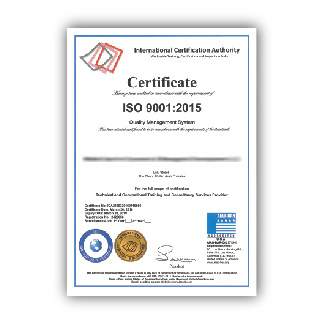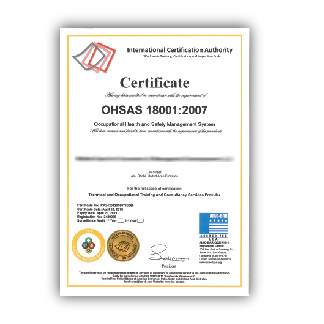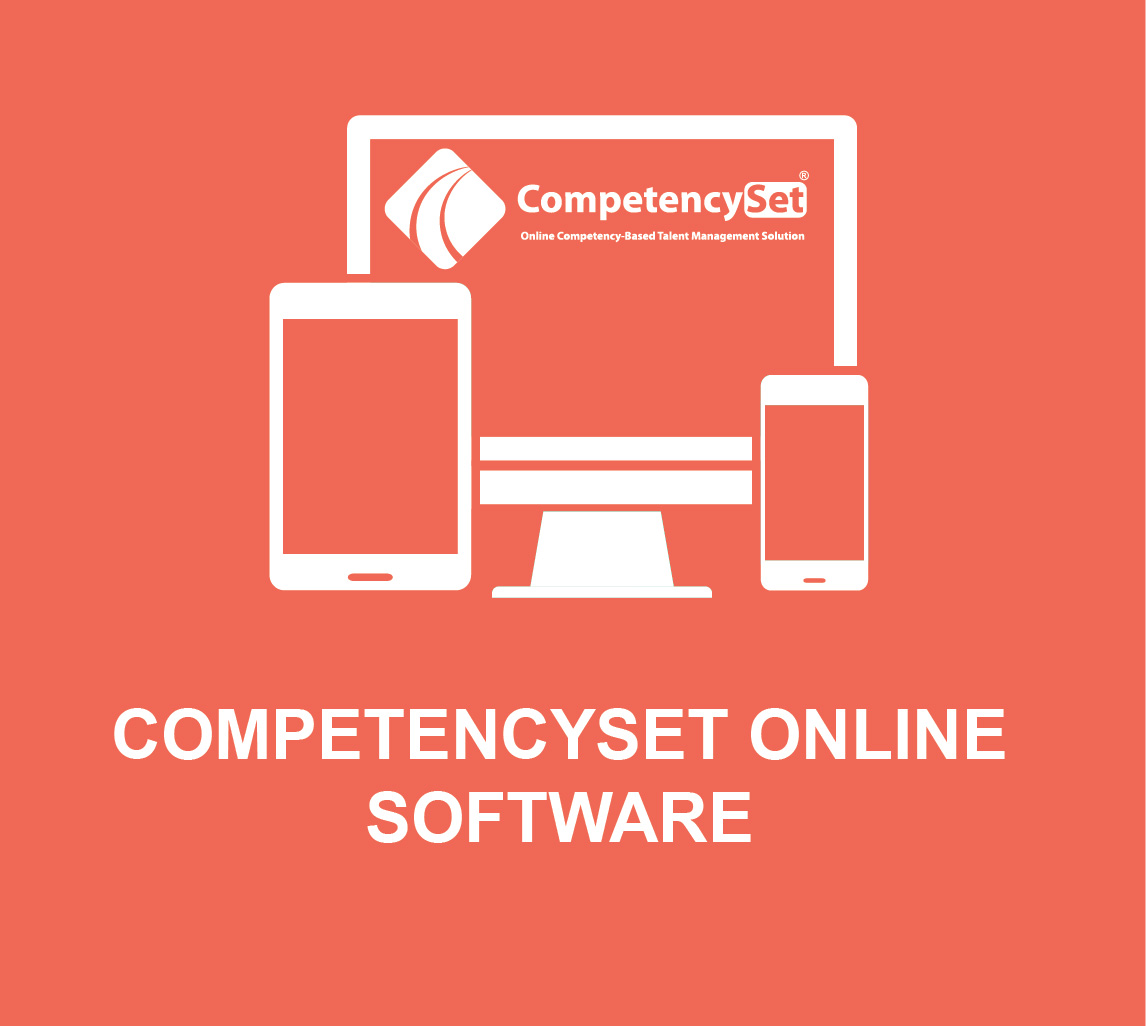Air Pollution Control Technology from Industrial Activities
| Start Date | End Date | Venue | Fees (US $) | ||
|---|---|---|---|---|---|
| Air Pollution Control Technology from Industrial Activities | 26 Oct 2025 | 30 Oct 2025 | Dubai, UAE | $ 3,900 | Register |

Air Pollution Control Technology from Industrial Activities
| Start Date | End Date | Venue | Fees (US $) | |
|---|---|---|---|---|
| Air Pollution Control Technology from Industrial Activities | 26 Oct 2025 | 30 Oct 2025 | Dubai, UAE | $ 3,900 |
Introduction
As concern with various aspects of air quality grew strongly in the second half of the century, so power generation became increasingly implicated in the major issues: particulates, sulphur, nitrogen, and most recently carbon. Almost all major forms of the industry have raised serious environmental concerns. A wide range of technologies is available to reduce the emissions from power plants, which can remove over 90% of all emissions and a range of cleaner generation technologies, especially those based on the natural gas industry. Therefore, deeper knowledge about sources and control of air pollution encountered with industrial activities is needed and is an important issue to industry people.
Objectives
- Understand the general philosophy behind air pollution
- Define the criteria pollutants: its sources, how to control them, and their effect on human health and the environment.
- Be familiar with different processes related to control the vapors (absorption, adsorption, incineration, biological oxidation).
- Be familiar with different processes related to control particulate matter (settling champers, cyclones, filters, electrostatic precipitators).
- Be familiar with alternatives to control SOx emissions.
- Understand the best practice to reduce NOx and its relation to Ozone formation.
- Be familiar with meteorological aspects of air pollution including dispersion and dissipation.
- Gain knowledge about the causes of the main indoor air pollutants.
The aim of the course is to give an understanding of air pollution concepts. Specifically, the candidate will:
Training Methodology
This is an interactive course. There will be open question and answer sessions, regular group exercises and activities, videos, case studies, and presentations on best practice. Participants will have the opportunity to share with the facilitator and other participants on what works well and not so well for them, as well as work on issues from their own organizations. The online course is conducted online using MS-Teams/ClickMeeting.
Who Should Attend?
Engineers of all disciplines, Mechanical Engineers, Chemical Engineers, Process Engineers, Equipment Specialists, Technical Engineers, Saftey Engineers, Design, and Planning Engineers. In addition to natural Scientists in Chemistry, Physics, and Biology, who are interested in learning the principles of pollution prevention and control.
Course Outline
- Air Pollution Legislation and Regulations
- Criteria Pollutants; properties, standards, and emissions
- Carbon monoxide (CO)
- Oxides of nitrogen (NO2)
- Oxides of Sulfur (SO2)
- Particulate matter (PM10, PM2.5)
- Ozone (O3)
- Lead (Pb)
- Emission Sources
- Control of primary particulate
- Control of Volatile Organic Compounds
- Vapor Incineration & Flaring
- Adsorption
- Condensation
- Odor Control
- Control of Sulfur Oxides
- Removal of H2S (Amine Process)
- Sulfur oxide control methods
- Limestone flue gas desulfurization process
- Dual alkali flue gas desulfurization process
- Acid rains
- Control of Nitrogen Oxides
- Combustion modifications
- Flue gas treatment
- Low NOx burners
- Air Pollution and Meteorology
- Adiabatic lapse rate and atmospheric stability
- Stack height selection
- Global Climate Changes
- The greenhouse effect
- Changes in stratospheric Ozone
- Other greenhouse gases
- International agreements


